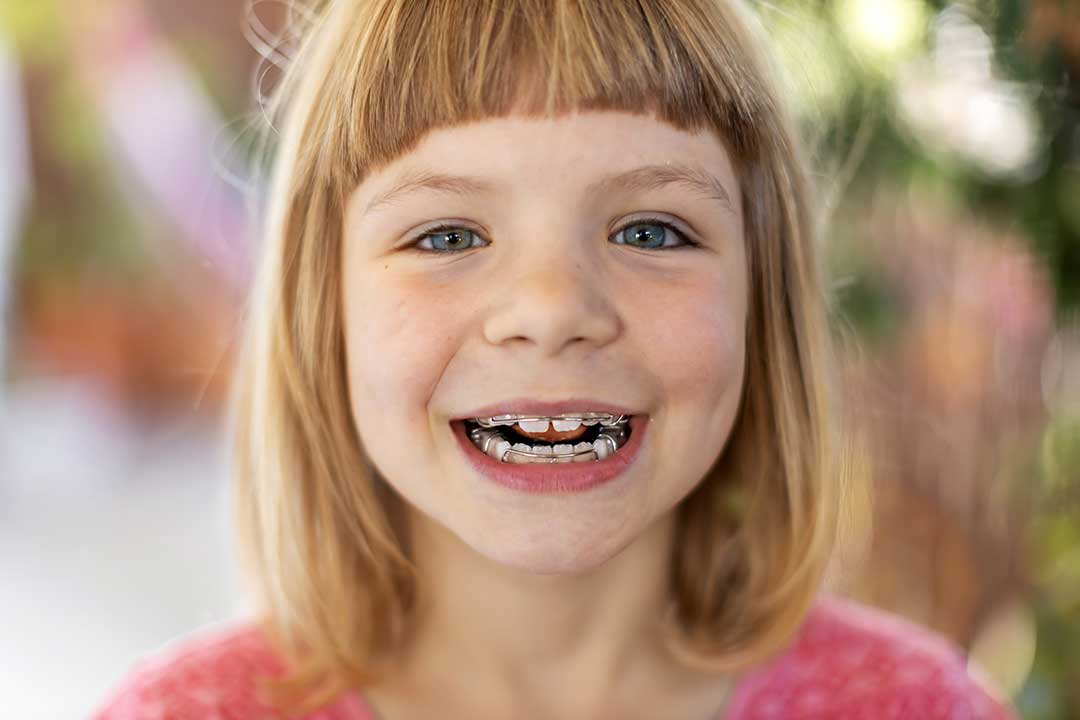Moms and Dads, let's talk about something some of us may have encountered: bad breath in our children. Bad breath is not unusual, but as parents, we understand the concern. In most cases, bad breath in children can be attributed to the following factors:
Transitioning teeth
Children often get bad breath when their teeth are “changing”. During the period where they gain and lose teeth, usually between the ages 2 and 12, their gums are loose and small food particles often get lodged in those loose gums. When their teeth and gums are not kept clean, these trapped food debris will rot and give off unpleasant odors. Regular brushing and flossing are important ways to prevent bad breath in our little ones.
Cavities and tooth decay
Cavities in a child's teeth also contribute to bad breath. Food particles can become trapped in these “holes”, leading to bacterial growth and an unpleasant smell. It's crucial to address decayed teeth promptly by cleaning and restoring them.
Sulphur-producing bacteria
Certain types of bacteria in the mouth are capable of producing sulfur compounds, which can result in foul-smelling breath. Maintaining good oral hygiene practices is the key to controlling these bacteria and preventing bad breath.
What causes cavities in babies and children?
How can we prevent cavities and bad breath in children?
Dr. Tahir Shahnawaz
Dr. Tahir Shahnawaz is a British Consultant Pediatric Dentist with over 35 years of combined training and practice in Pakistan, KSA, the UK, and the UAE. After graduating in 1986, he received his Master’s in Pedodontics in 1990 from The London Hospital Medical College, University of London, UK. In 1993, he was awarded Fellowship by the Royal Australasian College of Dental Surgeons (FRACDS) in Sydney, Australia.


